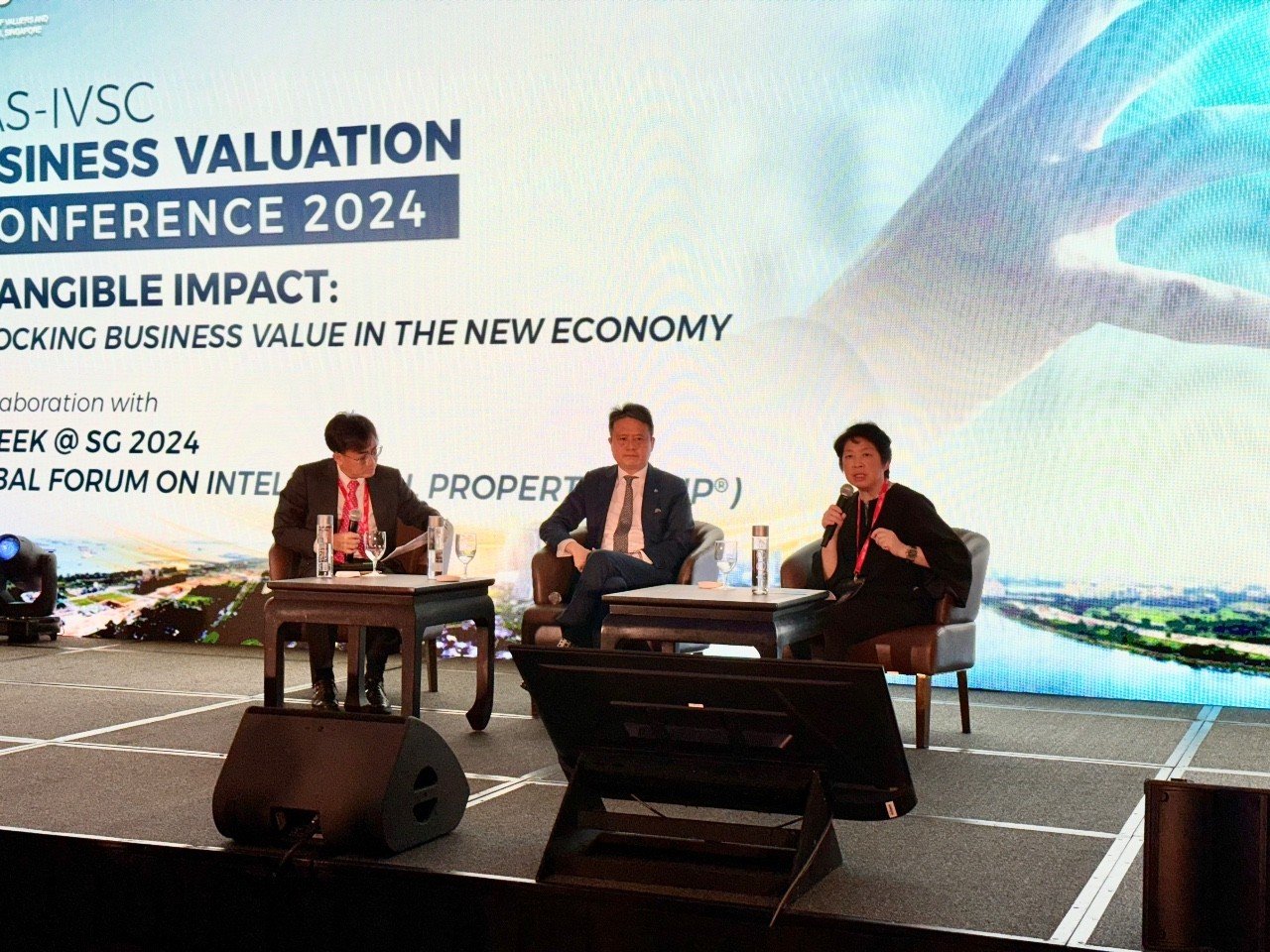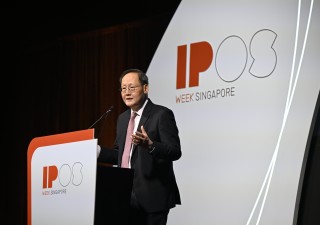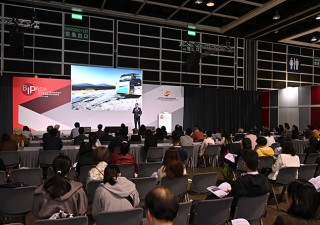IP Week @ SG: Intangible assets are driving the future economy
28 August 2024
“There has been a tremendous shift in value creation from tangible to intangible assets,” said Daren Tang, director general of the World Intellectual Property Office (WIPO) and former chief executive of the Intellectual Property Office of Singapore (IPOS), highlighting how companies are evolving. But depending on who you go to, he said those assets could be valued at $10 million or $1 billion. Globally, intangible assets are now worth US$60 trillion, with the largest listed companies in the United Kingdom and the United States generating intangible assets rather than physical products, Tang said, explaining that it is “intellectual property that allows a brand to be protected and then licensed.”
Explaining WIPO’s role, Tang said that the UN agency, the only one to generate revenue by working directly with the private sector, sets international standards, helps countries write their national frameworks and connects them to a digital and creative economy, and works directly with companies and individuals to help them capitalize on their intangible assets. Training is vital, he said, highlighting the agency’s role in training IP valuation specialists across ASEAN economies.

Lie, Tang and Lim at IP Week @ SG.
“Valuers on their own might not be enough,” said Kok Keong Lie, council chairman of the Institute of Valuers and Appraisers, Singapore (IVAS) and a transactions services partner at PwC. There is a need to include legal and business knowledge as well, he said.
There has been a shift from valuing physical products to valuing intangible assets, agreed Hwee Hua Lim, a former Singapore government minister who now chairs the board of trustees of the International Valuation Standards Council (IVSC) and co-chair of private equity fund manager Tembusu Partners. One of the challenges, she explained, is that intangible assets are inherently difficult to value, and it is impossible to use a cookie-cutter approach. Highlighting other problems, WIPO’s Tang said that valuation reports can be expensive, vary wildly depending on who you use, and are not reflected in a company’s accounts. All these can make them unattractive to business leaders, he said.
With the new economy centred on intangible assets, Tang explained that IP needs to be treated as a business asset. “Small and medium enterprises need financing, and if we can unlock the value of intangible assets, we can give them access to financing,” he said.
According to Tang, US$2.3 trillion in research and development (R&D) was generated globally in 2023, most of which is not reflected in a company’s books. Companies that are investing so much in R&D need help to add that value to their books.
Tang went on to explain two approaches to help. Highlighting China and South Korea, he explained that one approach is a top-down approach, with legislation introduced requiring banks to value a company’s IP. He said that US$50 to 60 billion in IP-linked loans have now been issued in China alone.
Tang said a bottom-up approach is an alternative and possibly more sustainable scenario, highlighting the government’s role in encouraging and fostering the sector but allowing the market to decide. Referring to the UK, Tang said that NatWest, one of the country’s high street banks, has added IP loans to its suite of services for small- and medium-sized enterprises (SMEs), as has HSBC, despite banking’s more conservative outlook.
Transparency is going to be key, said IVSC’s Lim, explaining that minor variations in data can lead to significant variations in valuation. She emphasized the need to try to standardize and enhance valuation training. Lie agreed, saying that correct valuations can only be based on correct information. Transparent publication of information will help make the system more reliable and will allow companies to fully utilize their intangible assets.
Tang, Lie and Lim were speaking on day two of the Global Forum in Intellectual Property, part of IP Week @ SG.
– Darren Barton, reporting from Singapore






